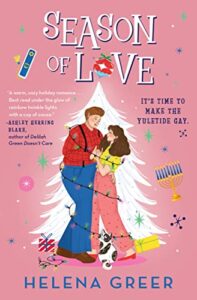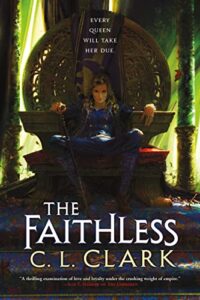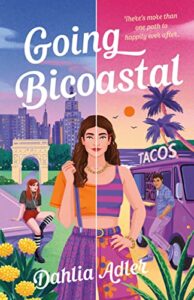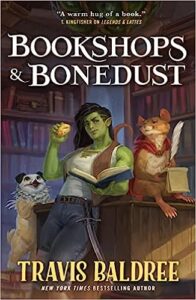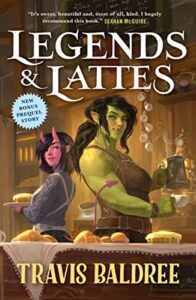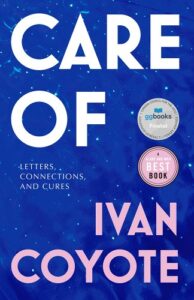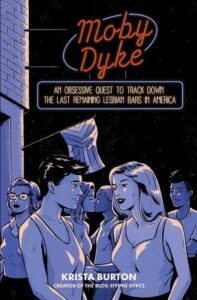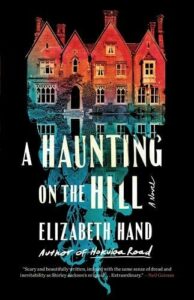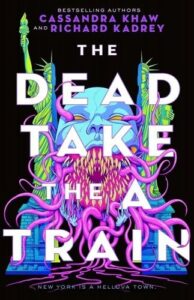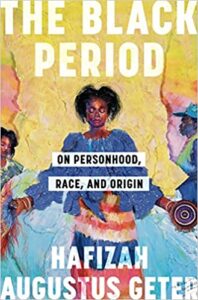Buy this from Bookshop.org to support local bookstores and the Lesbrary!
Every year, I intend to read a bunch of queer holiday romances in December, but I don’t usually follow through with it. The holiday romances that I have read were often flops, which doesn’t help. This year, I gathered together my collection of sapphic holiday romance novels and sampled each one. I ended up picking Season of Love because I clicked with the first few pages the most, and I’m so glad I did.
When I think of holiday romances, I think fluff. So I was a little trepidatious about diving into this one, because it is not the lightest of romance reads: it’s fundamentally a story about grief, trauma, and the damage that comes with it. Even the romance starts with a lot of tension: despite being immediately attracted to each other, Miriam and Noelle immediately bump heads, to the point where Miriam thinks Noelle hates her—which isn’t entirely inaccurate, at first.
Even when they are able to get past that initial tension, Miriam and Noelle do run into (believable) road blocks in their relationship. Their trauma has resulted in them having clashing instincts, like Miriam wanting to run at the first sign of danger, and Noelle fearing abandonment. They have to work to overcome that—but they are also compatible and have a lot of chemistry, so it felt worth it.
I was pleasantly surprised to find that this tension and darkness just added depth to this holiday love story, though. Maybe that’s why I was having such bad luck picking up Christmas romances: I actually don’t need it to be all fluff to enjoy it.
Season of Love also has an interesting contrast in its setting: the Christmas tree farm that Miriam, Noelle, and Miriam’s cousins inherit is a Christmas wonderland of over-the-top decorations, just outside the town of Advent. It’s dripping in Christmas charm. But it’s run by a Jewish family (Miriam is Jewish), which adds more depth to the setting and doesn’t let it become too cloyingly Christmas.
Another aspect I loved about this story is right there on the front cover: Noelle is a fat butch woman who Miriam is incredibly attracted to. Despite reading a lot of lesbian and sapphic books, I still don’t see fat butch women celebrated as love interests very often.
That leads me to my only, very minor, complaint: this is a closed door romance, which normally I don’t mind, but we spent so long hearing about the sexual tension between them that I was a little disappointed to have it resolve in a fade to black scene, especially because fat butches have so little representation in romance and erotica.
I’m really glad I read this over the holidays, and as long as you’re up for a holiday romance that isn’t pure fluff, I highly recommend it.

